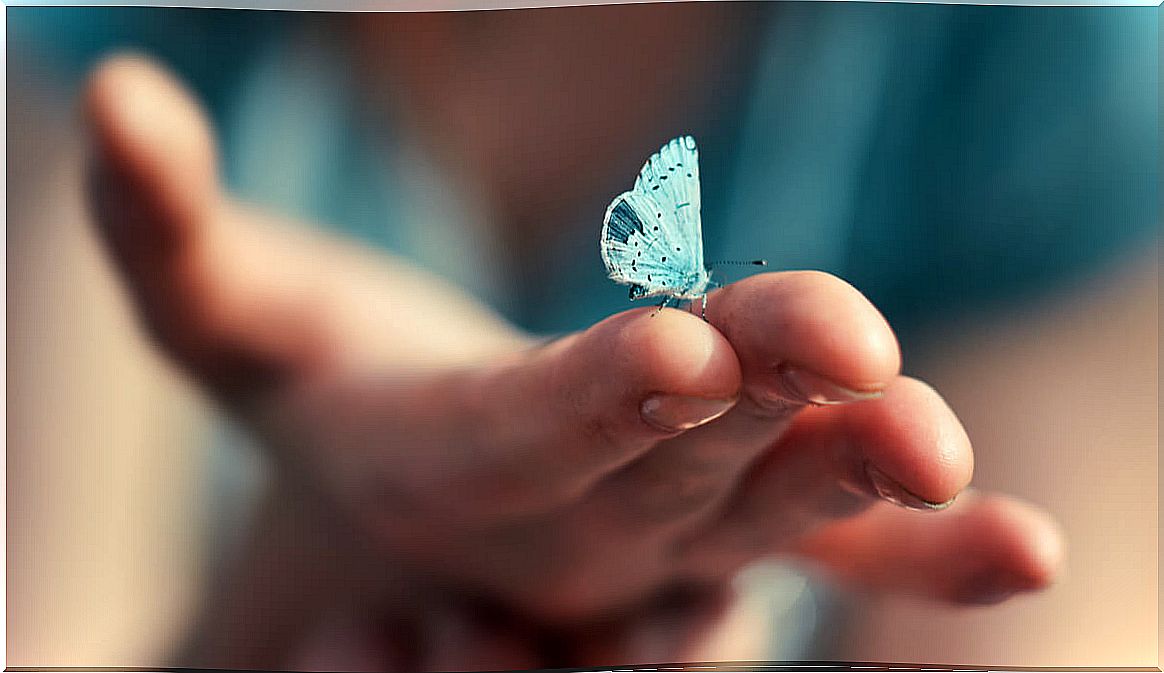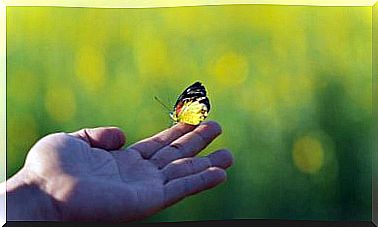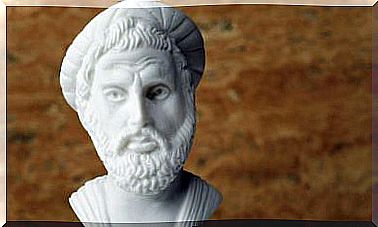Practice Equanimity: Don’t Assume, Don’t Anticipate, Don’t React

Emotional stability is a shared aspiration. However, our lifestyles and culturally established patterns of behavior are sometimes an obstacle to moving forward in this direction. Practicing equanimity in our day to day seems an unattainable challenge since we are used to reacting to everything that happens. However, let us tell you more about what the benefits of this habit are.
We could define equanimity as a state of impartiality, balance and constancy. We speak of the quality that allows us to remain stable and unperturbed by the changes and ups and downs of life. This seems like a utopia to us because we don’t usually experience it, but also because we have certain misconceptions about it. So let’s try to bring a little more clarity.

Equanimity is not …
Many of us are not far from this impartiality because we are not clear about what it consists of. There are mainly two myths associated with equanimity that make us see it as an undesirable quality. So let’s start by modifying these beliefs and seeing why they don’t fit reality.
- Equanimity is not indifference or absence of emotions. Conversely; indifference implies qualifying something as unimportant and, therefore, not paying attention to it. Equanimity is possible when we pay close attention to what is happening without letting the results of this vision throw us off balance emotionally.
- Equanimity is not passivity. It is not about remaining immobile or adrift before what life brings, but about flowing with the current. As a rule, we are not equanimous when we are paralyzed, but when we act from balance.
How to practice equanimity?
To practice equanimity and experience its benefits, we will have to give up many of our automatic reactions. We must understand that those patterns of thought and behavior that have accompanied us for years are no longer functional. So, it is time to replace them.
The present moment
If something keeps us from equanimity, it is our inability to live in the present. We keep judging what happened in the past and anticipating what will happen in the future. We constantly create expectations and fret over the possibility that they will not be met.
To be fair, stop wandering through time, focus your attention on the now with mindfulness. Do not anticipate, do not expect anything in particular, return to the present.
Do you act or react?
Without a doubt, one of our great pending tasks is to learn to be observers of our reality. For some reason, we tend to overreact automatically to everything that happens. Thus, our actions do not arise from our conviction and deliberation, but are a simple response to what we receive from outside.
Come back to you, not everything requires a reaction from you. Begin to observe without judgment what happens inside and outside of you and choose each of your actions. Do not fall into an emotional swing caused by anything or anyone outside.
Attachment and rejection
Finally, to practice equanimity we have to accept that change is the only constant. Let’s stop clinging to the positive and reject the negative and try to be impartial. It is evident that a fortunate event, a compliment or a compliment will awaken positive emotions in us, in the same way that a misfortune, a criticism or a betrayal will generate negative feelings.
However, we must be able to become independent of these emotions to be free. Clinging to the positive will end up causing us suffering since change is inevitable. Similarly, resisting the negative will only increase our despair. When we are aware that everything passes and everything changes, we manage to become our own emotional center and we flow with events.

Equanimity is the key to happiness
In this way, although we have this belief deeply ingrained, true happiness passes through a fair amount of euphoria. Inner peace is the place from which we can maintain emotional stability, regardless of what happens outside.
There is no doubt that it is something difficult to achieve, since we are used to reacting and generating expectations, and it is difficult for us to stop in the now and in ourselves. However, with perseverance and with the help of tools, such as meditation, it is possible to achieve it.









